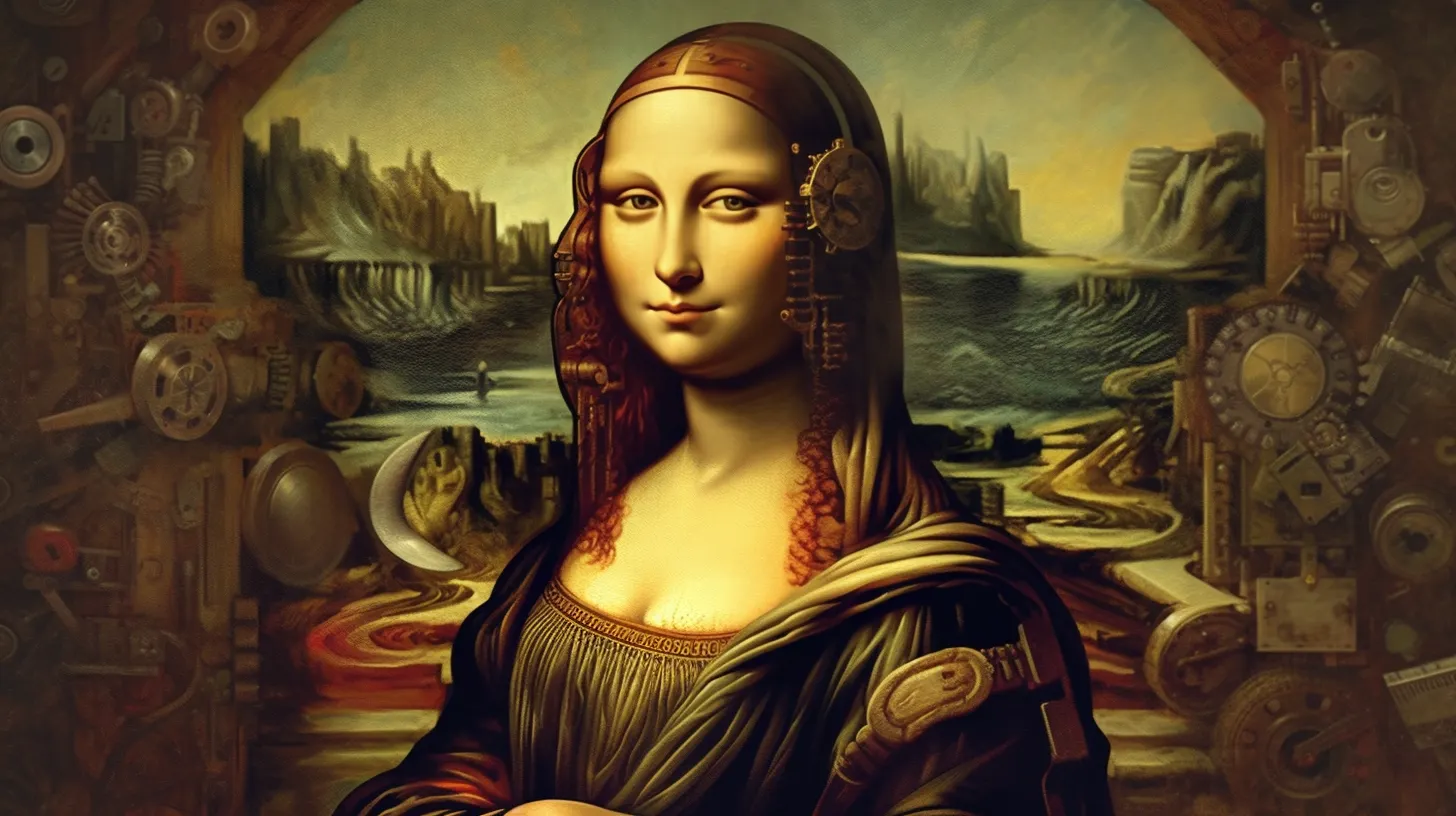In a move that could ripple across both art and AI communities worldwide, Japan has declared that using datasets for training AI models doesn't violate copyright law. This decision means that model trainers can gather publicly available data without having to license or secure permission from the data owners.
"We asked questions about generative AI from two perspectives: copyright protection and utilization in educational settings," said Takashi Kii, a member of the House of Representatives for the Constitutional Democratic Party of Japan, during a meeting of Japan’s Financial Oversight Committee. “In Japan, works for information analysis can be used regardless of the method, whether for non-profit purposes, for profit, for acts other than reproduction, or for content obtained from illegal sites."
Kii acknowledged that "the fact that it can be used even when it is against the will of the copyright holder is problematic from the viewpoint of rights protection," suggesting a need for "new regulations to protect copyright holders."
Is AI Art, Art?
As the digital paint dries on this revolutionary declaration, the art community is alight with renewed debate. The battlefield? AI's place in the realm of art and copyright law.
One group of creatives argues that AI art is a violation of copyright since it requires training on data—be it pictures, writings, photos, or information—created by others. They stand firm on their belief that this practice borders on imitation, infringing upon the copyrights of original creators.
However, another faction of artists disagrees vehemently. They claim AI art does not violate copyright, because each AI piece is unique and because it's impossible to perfectly replicate an original work. They assert that styles can't be copyrighted, and draw parallels with artists gaining inspiration from others' work, which is precisely what AI does. They also argue that the information gathered by AI trainers was put out by creators for the public to see, enjoy and analyze—and to inspire other artists.
AI art, they assert, requires a careful process of prompt engineering, and manual edits that require technical skills and artistic knowledge.
Japan's declaration has set a precedent. The country has effectively given AI artists a blank canvas, encouraging their creative exploration without the shadow of copyright looming over their virtual brushes. The idea, suggests the AI-focused outlet Technomancer, is to open the possibility for Japan to use Western literature for AI training in exchange for opening its vast array of art for Westerners to use.
While the debate rages on, there is no global convention to settle the issue. But art, whether AI-generated or human-created, is all about pushing boundaries and exploring new frontiers. Imitation may be the sincerest form of flattery, but innovation is the truest form of art.





